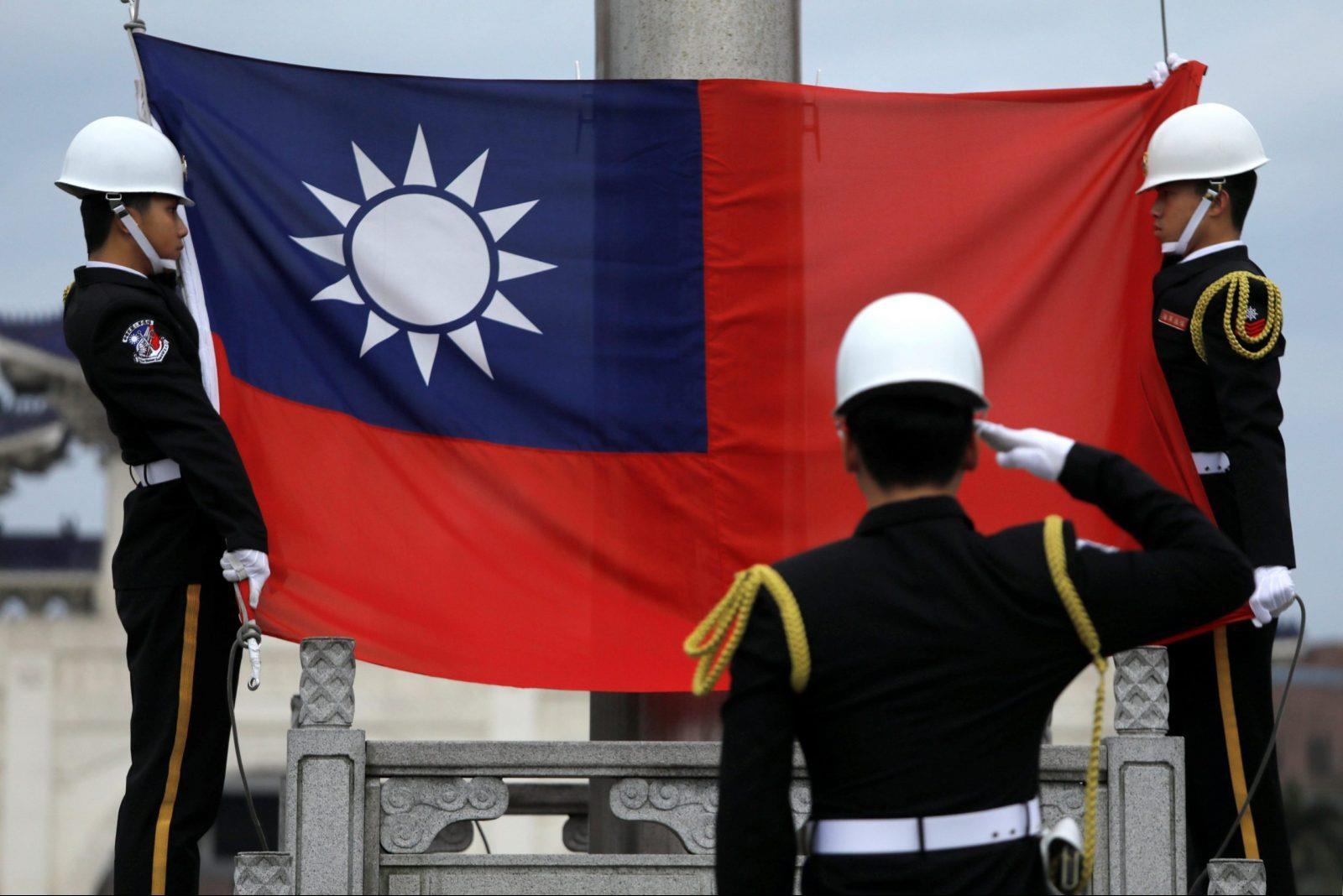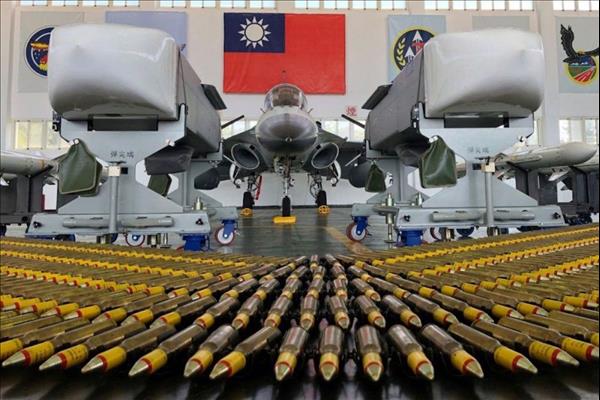(MENAFN- Asia Times) Taiwan and the US plan to jointly manufacture weapons to firm up Taipei's defenses against a possible China invasion, a move that could spike already high and rising tensions around the self-governing island.
that initial discussions have commenced on joint US-Taiwan weapons production, an arrangement that would see US defense companies provide technology and know-how to Taiwan or alternatively assemble weapons in the US using Taiwan-made parts. The negotiations, however, are expected to extend well into 2023 on various issues.
Although Taiwan has not to date co-produced US weapons, its Hsiung Feng II and III anti-ship missiles are made with US technology including state-of-the-art US-made gyroscopes for precision targeting. Previous US administrations were thought to be cautious about military and dual-use technology transfers to Taiwan due to the risk of classified information leaking to China.
When asked to confirm details of the proposed joint weapons production with Taiwan, US State Department principal deputy spokesperson Vedant Patel said that the US is looking into all possible means to ensure rapid transfer of armaments to Taiwan.
China's rising bellicosity towards Taiwan, high demand for US weapons in the Ukraine war and spiraling costs of US weapons may have driven the Biden administration to consider co-production to accelerate arms transfers to the self-governing island, as it often takes as long as a decade between US government approval of arms sales and final delivery.
Admiral Michael Gilday, chief of US naval operations, noted in reported by regional media that China has delivered early on every promise it has made about taking Taiwan, meaning Beijing's 2027 reunification timeframe may actually mean an invasion attempt by force within 2022 or 2023.
Gilday's comments were made in response to at the recently concluded 20th Party Congress, which cadres in attendance heartily applauded.
, saying in an article that joint production plants would be priority targets for China's air and missile strikes and that the US will never share its latest military technology with Taiwan. It dismissed US efforts to arm Taiwan as“psychological comfort” and castigated the plan as a means for US profiteering from weapons sales.

Tourists look on as a Chinese military helicopter flies past Pingtan island, one of mainland China's closest points to Taiwan, in Fujian province on August 4, ahead of massive military drills off Taiwan. Photo: Twitter / JIJI
However, the demands of the ongoing Ukraine war on the US defense industry may necessitate burden-sharing in future armaments production. that the Ukraine war has strained US supply chains in arming Taiwan, increasing the self-governing island's need for defense self-sufficiency.
This May, Taiwan announced a years-long delay for the delivery of 40 US M109A6 Paladin self-propelled howitzers, pushing back the delivery date from 2023 to 2026. Apart from those big guns, in the same month, the Taiwan Defense Ministry also announced that the US may delay a shipment of Stinger man-portable anti-aircraft missiles until 2026.
The high demand for US weapons in Ukraine may have thus pushed Taiwan down the list of US priorities. Moreover, the spiraling price tag of sophisticated US weapons may have added more incentive for joint production to offset costs.
that the price for Taiwan's first batch of 11 HIMARS multiple-launch rocket systems (MLRS), which have been used with devastating effect in Ukraine, has increased by US$12.5 million, with delivery starting in 2024. The first batch of 11 HIMARS launchers was initially priced at $300.9 million but the price tag has since bulged to $313.3 million.
that producing weapons systems in Taiwan would encourage more local defense spending with more money going to local suppliers. Other reports said that the US is already contacting allies, including likely G7 countries, about the possibility of sending armaments and weaponry components to Taiwan.
“All of our allies need to make sure Taiwan can defend itself,” said now-former UK prime minister Liz Truss. France has previously done defense deals with Taiwan, including the sale of La Fayette stealth frigates and Mirage 2000 fighter aircraft. Other possible partners include the Netherlands, Japan and Australia.
The US' relative reluctance to arm Taiwan due to its policy of“strategic ambiguity” has at least partially forced Taiwan to strengthen its domestic defense industry. by the Global Taiwan Institute (GTI) notes that the Taiwan defense industry can fulfill half of its defense requirements but must rely on international cooperation to produce sophisticated weapons.

Military honor guards attend a flag-raising ceremony at the Chiang Kai-shek Memorial Hall in Taipei on March 16, 2018. Photo: Agencies
Indeed, Taiwan has made substantial advances in its domestic defense industry, leveraging in particular its strengths in semiconductors and shipbuilding. Asia Times has previously reported on these developments, including in regard , , , and .
But despite those advances and achievements, the GTI report mentions several areas where Taiwan still needs international collaboration to develop.
These high-end areas include electronic warfare equipment, stealth vertical and short-takeoff and landing (VTOL) aircraft, submarines, high-speed stealth naval vessels, helicopters, advanced fighter jets and countermeasure systems – all of which will be pivotal to deterring and thwarting a Chinese invasion of the island.






















Comments
No comment